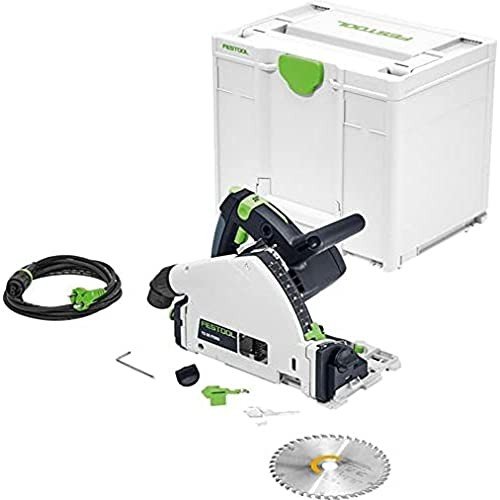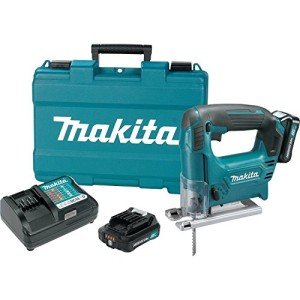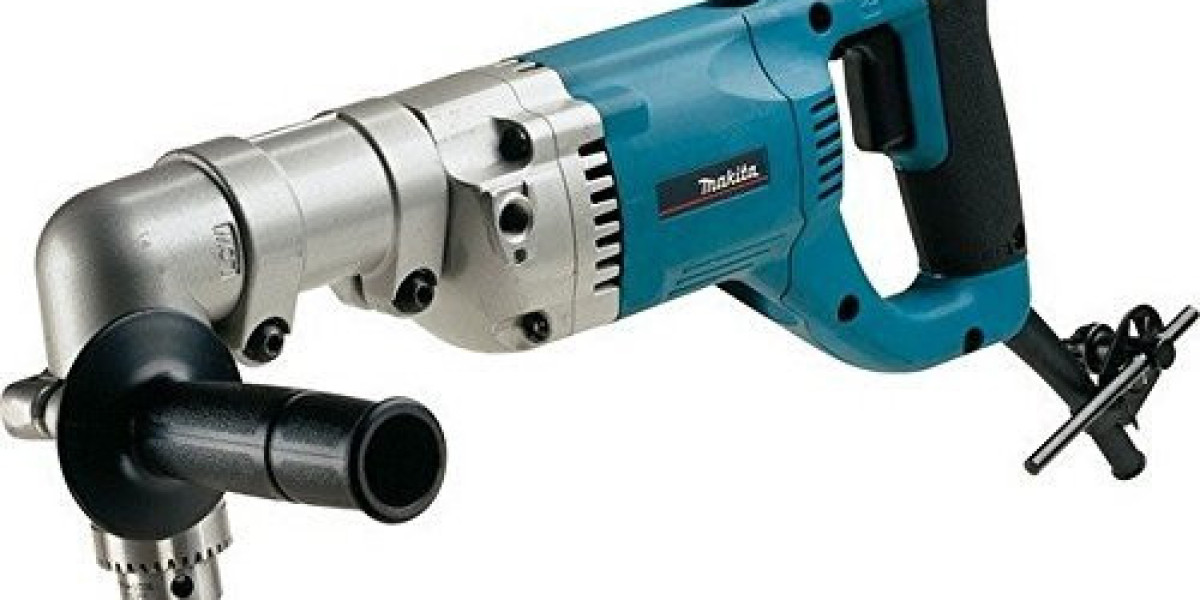The British power tool industry, while not as expansive as some of its global counterparts, has a rich history and a strong presence in both domestic and international markets. This article explores the evolution, current landscape, and future prospects of the industry, highlighting key players, technological advancements, and the unique challenges and opportunities it faces.
Historical Overview
The origins of the British power tool industry can be traced back to the Industrial Revolution in the 18th century, when the demand for mechanized tools began to surge. Early innovations included steam-powered drills and saws, which were crucial in the construction and manufacturing sectors. Over the years, the industry has evolved through several phases, each marked by significant technological advancements.
Current Landscape
Today, the British power tool industry is a diverse and dynamic sector, comprising a range of companies from small, niche manufacturers to large, multinational corporations. These companies produce a wide array of tools, including electric drills, saws, sanders, and more specialized equipment.
Key Players in the Industry:
Bosch
- Bosch is a leading global player in the power tool market, with a significant presence in the UK. Known for its high-quality, durable tools, Bosch offers a wide range of products for both professional and DIY users.
DeWalt
- DeWalt, a subsidiary of Stanley Black & Decker, is another major player. It is particularly renowned for its professional-grade tools, which are favored by contractors and tradespeople.
Black & Decker
- Black & Decker, also part of Stanley Black & Decker, focuses on consumer-grade tools, making it a popular choice for DIY enthusiasts and homeowners.
Makita
- Makita, a Japanese company with a strong foothold in the UK, is known for its innovative and reliable power tools. It has a broad product line that caters to both commercial and residential needs.
Milwaukee
- Milwaukee, owned by Techtronic Industries, is another notable brand. It is highly regarded for its robust and powerful tools, particularly in the professional market.
Worx

- Worx, a subsidiary of Positec Tool Corporation, offers a range of lawn and garden tools, as well as more general power tools. It is known for its innovative designs and competitive pricing.
Technological Advancements
The British power tool industry has seen remarkable technological advancements in recent years, driven by the need for more efficient, sustainable, and user-friendly products. Some of the key innovations include:
Cordless Technology: The shift from corded to cordless tools has been significant, with advancements in battery technology enabling longer run times and higher power outputs. Lithium-ion batteries have become the standard, offering superior performance and longevity.
Smart Tools: The integration of smart technology into power tools has opened up new possibilities. Tools equipped with Bluetooth and Wi-Fi can now be controlled and monitored via smartphones or tablets, providing users with enhanced functionality and convenience.
Ergonomics and Safety: There has been a growing emphasis on ergonomics and safety in tool design. Features such as anti-vibration technology, improved grip materials, and advanced safety mechanisms are now standard in many tools.
Sustainability: Environmental concerns have led to the development of more sustainable tools. Companies are increasingly focusing on reducing the carbon footprint of their products, using recycled materials, and designing tools for longer lifespans.
Challenges and Opportunities
Despite its strengths, the British power tool industry faces several challenges, including:
Global Competition: The UK market is highly competitive, with many international brands vying for market share. British manufacturers must continuously innovate and offer value to stay ahead.
Supply Chain Disruptions: The global supply chain has been disrupted by various factors, including the COVID-19 pandemic, geopolitical tensions, and shortages of key components like semiconductors. These disruptions can affect production schedules and costs.
Rising Costs: The cost of raw materials, labor, and transportation has increased, putting pressure on profit margins. Companies must find ways to manage these costs while maintaining product quality.
However, there are also significant opportunities:
Growth in DIY Culture: The DIY culture in the UK is robust, with many homeowners investing in power tools for home improvement projects. This trend presents a lucrative market for consumer-grade tools.
Investment in R&D: Companies that invest in research and development can create cutting-edge tools that differentiate them from competitors. Innovation in areas like battery technology, smart features, and ergonomic design can drive growth.
Environmental Regulations: Stricter environmental regulations are pushing companies to develop more sustainable products. This can lead to new markets and customer segments, particularly among environmentally conscious consumers and businesses.
Future Prospects
The future of the British power tool industry looks promising, with several trends expected to shape its growth:
Increased Automation: The integration of automation and robotics in manufacturing processes can improve efficiency and reduce costs. This could make British-made tools more competitive in the global market.
Expansion into New Markets: British companies have the opportunity to expand into emerging markets, particularly in Asia and Africa, where the demand for power tools is growing.
Collaboration and Partnerships: Collaborations between British manufacturers and other industry players, such as software developers and material suppliers, can lead to the development of more advanced and integrated tools.
Customization and Personalization: As technology advances, there is a growing demand for customizable and personalized tools. Companies that can offer these features are likely to gain a competitive edge.
Table: Major British Power Tool Brands and Their Key Features
| Brand | Key Features | Market Segment | Notable Products |
|---|---|---|---|
| Bosch | High quality, durability, wide product range | Professional and DIY | GSR 18V-80 Cordless Screwdriver |
| DeWalt | Professional-grade tools, robust design | Professional | DCD771C2 18V Cordless Drill/Driver |
| Black & Decker | Consumer-grade tools, user-friendly design | DIY and Homeowners | L1210T 12V MAX Cordless Drill/Driver |
| Makita | Innovative designs, reliable performance | Professional and DIY | DHP485Z 18V Cordless Hammer Drill |
| Milwaukee | Powerful tools, advanced battery technology | Professional | M18 FUEL 1/2 in. Cordless Hammer Drill |
| Worx | Specialized lawn and garden tools, competitive pricing | DIY and Homeowners | WG199 13 Amp 20 in. Corded Grass Trimmer |
FAQs
Q1: What are the main types of power tools produced in the UK?A1: The main types of power tools produced in the UK include electric drills, saws, sanders, lawnmowers, and a variety of specialized tools for construction and home improvement.
Q2: How has the shift to cordless tools impacted the industry?A2: The shift to cordless tools has greatly impacted the industry by providing users with more flexibility and convenience. Lithium-ion batteries have enabled longer run times and higher power outputs, making cordless tools a viable option for both professional and DIY use.

Q3: What are some key factors driving the growth of the British power tool market?A3: Key factors driving the growth of the British power tool market include a robust DIY culture, increasing investment in R&D, and the development of more sustainable and innovative products.
Q4: How are British power tool manufacturers addressing environmental concerns?A4: British power tool manufacturers are addressing environmental concerns by using more sustainable materials, designing tools for longer lifespans, and investing in energy-efficient technologies.
Q5: What role does technology play in the power tool industry?A5: Technology plays a crucial role in the power tool industry by enabling the development of smarter, more efficient, and user-friendly tools. Features like Bluetooth connectivity, advanced safety mechanisms, and ergonomic designs are becoming increasingly important.
The British power tool industry is a vital sector that continues to innovate and adapt to changing market conditions. From the early days of steam-powered tools to the modern era of smart, cordless devices, the industry has a rich history and a promising future. By addressing challenges and capitalizing best prices on power tools (hop over to this site) opportunities, British manufacturers can maintain their competitive edge and continue to thrive in the global market.
Further Reading
- "The History of Power Tools" by Tool History Journal
- "Innovations in Power Tool Technology" by The Engineer
- "Sustainable Practices in the Power Tool Industry" by Environmental Science and Technology
This comprehensive overview of the British power tool industry provides a detailed look at its past, present, and future, making it a valuable resource for anyone interested in this dynamic sector.





